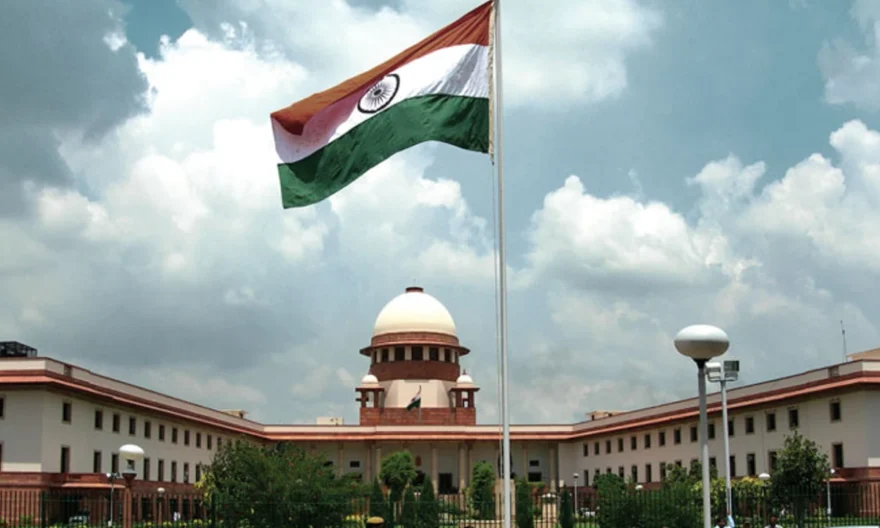
The Supreme Court collegium has recently made recommendations for the transfer of 24 high court judges with the aim of enhancing the “better administration of justice.”
This could possibly be the highest number of transfers ever recommended by the Supreme Court collegium in a single instance.
During a meeting held on 3rd August, the collegium, comprised of Chief Justice of India (CJI) DY Chandrachud and Justices Sanjay Kishan Kaul, Sanjiv Khanna, BR Gavai, and Surya Kant, put forth proposals for the relocation of judges from different high courts, including Punjab & Haryana, Telangana, Gujarat, Allahabad, Bombay, Andhra Pradesh, and Patna.
The collegium took into consideration the feedback provided by consultee judges. These consultee judges are individuals within the apex court who have previously served in the high courts where the judges being contemplated for elevation or transfer are presently stationed.
As per reports, the plan for a substantial reorganization within high courts had been in development for a few weeks, and thorough validation of all inputs was conducted prior to finalizing the recommendations. All the high court judges earmarked for transfer have also received letters soliciting their perspectives. As per convention, judges slated for relocation are invited to express their opinions, although the ultimate decision remains with the collegium if a reconsideration is sought.
It is important to highlight that the Supreme Court collegium’s move underscores its commitment to enhancing the efficacy of judicial administration across the nation’s high courts.




